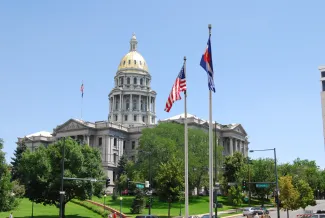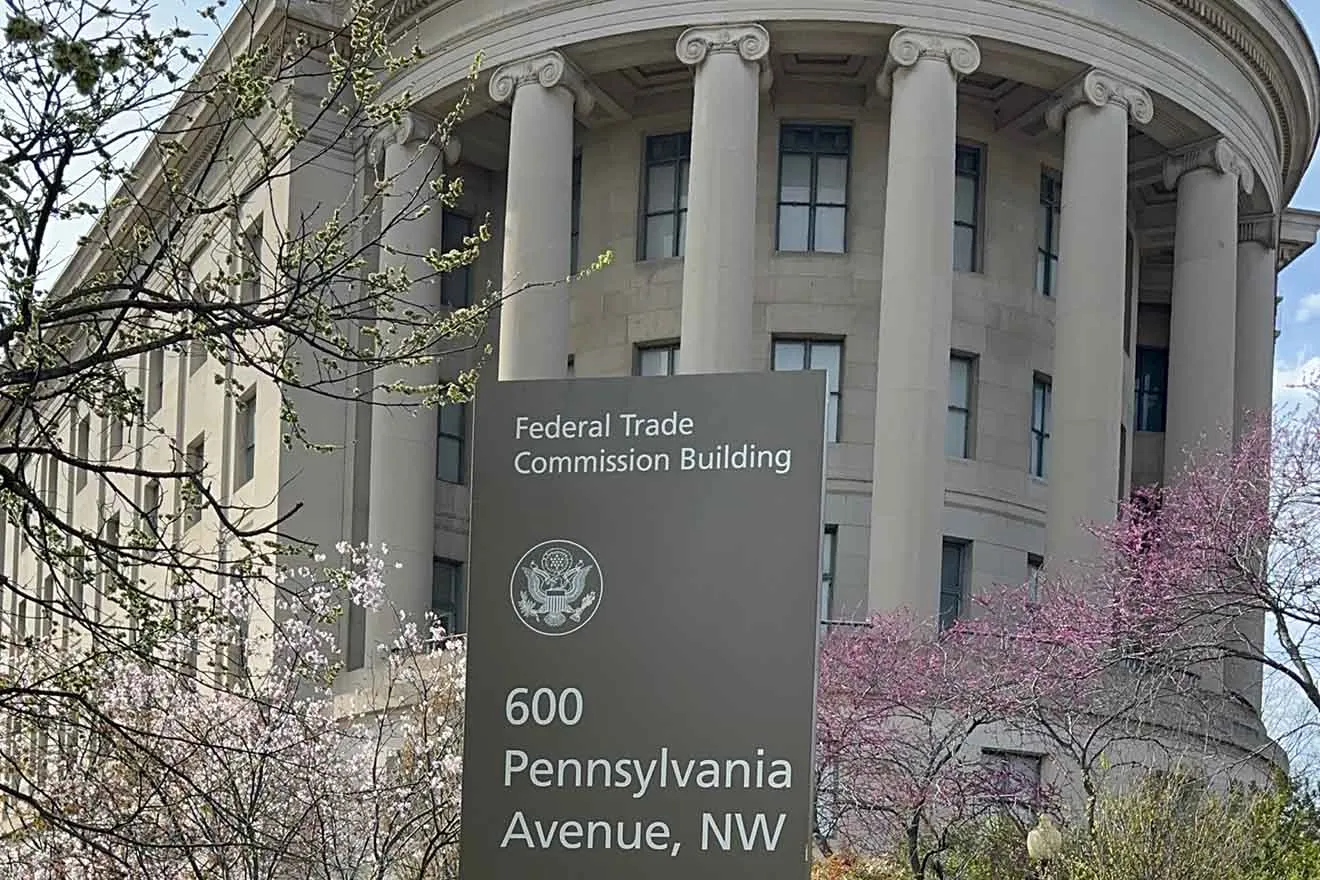
Bill proposes using new fees on rental vehicles to help pay for passenger rail
(The Center Square) – A bill introduced this week by Democratic lawmakers would add fees to rental vehicles to raise funds for a passenger rail in Colorado.
Senate Bill 24-184 would add a new fee of up to $3 a day for gasoline-powered vehicle rentals and $2 a day for electric vehicles. The fees are on top of an already-existing $2.13 per day rental vehicle charge.
The revenue from the fees would go towards Colorado’s portion of funding for their plan to build a passenger light rail system. Federal funding from the Infrastructure Investment and Jobs Act would cover 80 percent of project funding, while states are required to contribute 20 percent of funding.

“... Continued investment in transit and rail infrastructure will foster economic development, reduce traffic congestion, improve safety, mitigate environmental impacts, improve air quality, and improve accessibility for all citizens, fostering a more interconnected and vibrant state,” states the legislation, which also applies to moving truck rentals.
The state’s passenger rail plan includes using existing tracks to connect Fort Collins in the north through Denver and Colorado Springs to Trinidad in the south, with plans for potential extensions to Wyoming and New Mexico.
“For years Coloradans have been waiting for the promise of a fast, efficient passenger rail system that makes it easy, safe, and affordable to travel all across our great state,” Senate President Steve Fenberg, D-Boulder, a prime sponsor of the bill, said in a statement earlier this week. “Now, with the availability of critical federal funds through President Biden’s Infrastructure Investment and Jobs Act, we have a once-in-a-generation opportunity to deliver on that promise.
Fenberg added the legislation “will secure more efficient transit options while cutting emissions, reducing traffic, and connecting communities across Colorado.”
SB 24-184 is likely to be met with resistance from Republicans in the minority, who generally oppose fee increases, arguing they’re used as a workaround to avoid asking voters for permission under the state Taxpayer’s Bill of Rights.
Kristi Burton Brown, executive vice president of the conservative advocacy group Advance Colorado, said the bill is “yet another example of politicians in the legislature trying to find more ways to charge more money from more taxpayers. They seem to think every item, service, and activity in Colorado should have a government price tag attached to it.”
SB 24-184 does not yet have a fiscal note. Brown pointed out that if revenue generated by the new fees are projected to exceed $100 million over the next five years, lawmakers would have to ask voters permission because of Proposition 117, which they passed in 2020.
The bill is scheduled for the Senate Transportation & Energy Committee next Wednesday.

















